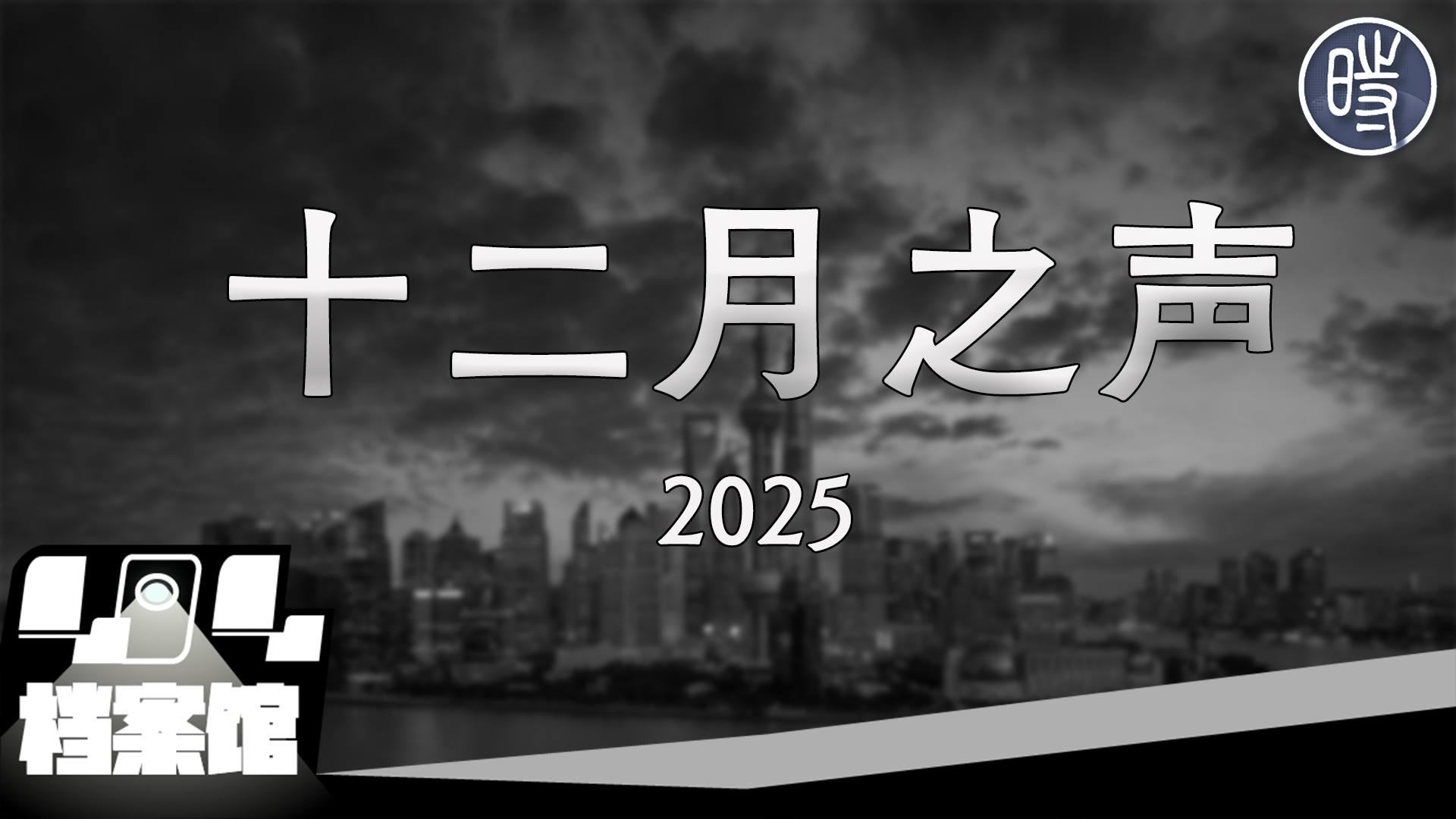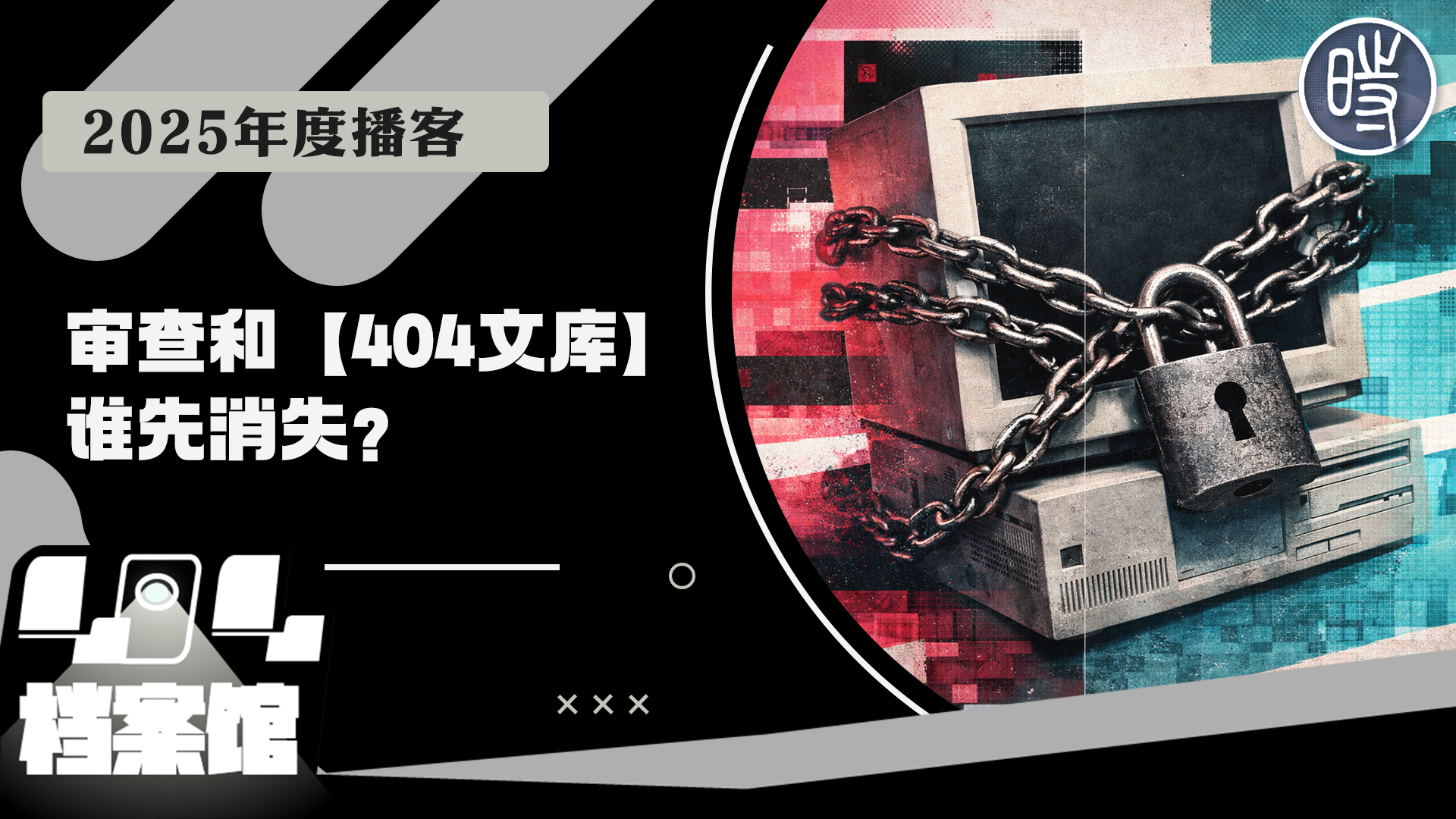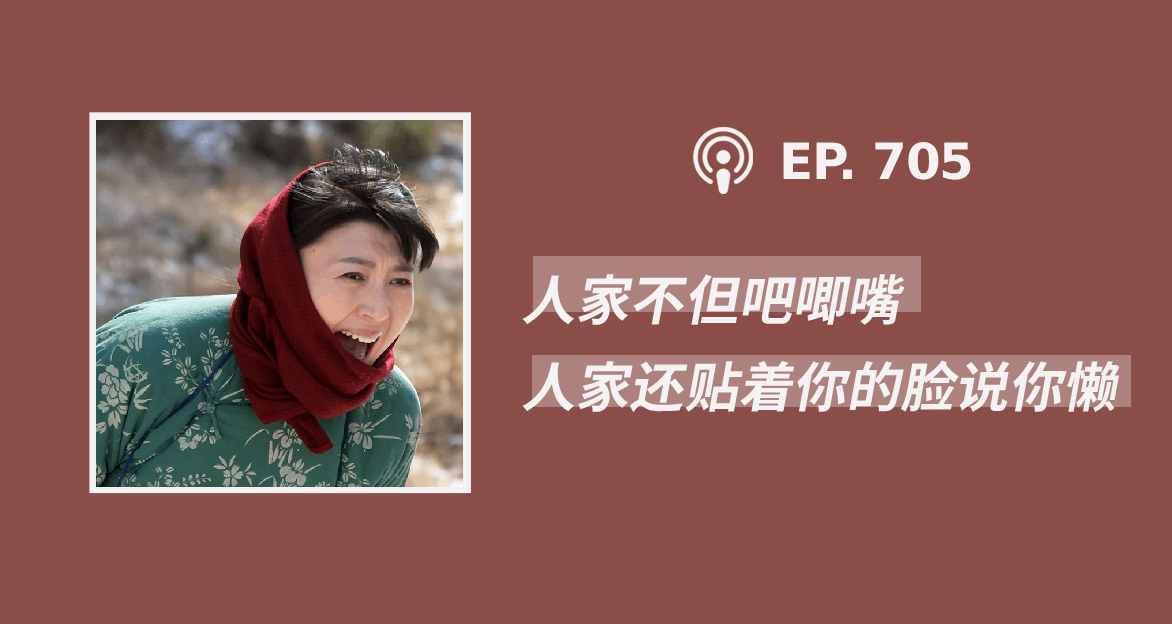原作者:
来源China’s bullet trains separate the rich from the poor
译者19870705
China’s bullet trains separate the rich from the poor
高铁分化中国贫富阶级
.By TOM LASSETER
By TOM LASSETER
McClatchy Newspapers
麦克拉奇报
ZHENGZHOU, China — As the first-class passengers settled into cushioned seats, unfolded newspapers and waited for their tea or coffee, a woman’s soothing voice came over the intercom to welcome them to the “harmony train.”
中国郑州 上等坐票的乘客们安坐在舒适的软垫座位之上,这里有供他们翻阅的报纸,有可供选择的咖啡和茶水。扩音器里传来一个温柔的女声:“欢迎乘坐和谐号”。
The white bullet train whooshed out of the station, its blue pinstripe a blur as it sliced across the Chinese countryside at more than 200 miles an hour.
白色的高速列车呼啸者驶离站台,以超过200英里的时速穿过乡间,看起来就像一条逐渐模糊的蓝丝带。(此处翻译似乎不够准确,请高手赐教)
Chang Baoning, a 40-year-old government bureaucrat with a paunch and purple-tinted eyeglasses, watched the scenery whirl by from a whisper-quiet cabin. There could be no question, he said, that “the speed of development in China is getting faster and faster.” Chang waved off the notion that some are being left behind. “There are fewer and fewer people with big bags on trains; it’s not a problem,” he said, using a euphemism for migrant workers who haul belongings in large sacks slung over their shoulders.
这趟列车上有位官员,他看起来大腹便便的,架着一副紫色边框的眼镜,坐在单独的包间里面望着外面飞逝的景象。他叫常保宁(音),今年40岁。他说道:中国的发展越来越快了。常不同意有些人被高铁排斥在外的说法,他说:“现在拎着大包小包上火车的人——即那些扛着拖着大堆行李的农民工,越来越少了,所以这不是问题。
As the bullet train rocketed off into the distance, Zhou Xishan, 53, was still sitting on the ground outside the station in Zhengzhou – the capital of a rough-and-tumble central Chinese province with some 100 million residents and a reputation for poverty. Zhou was waiting to board a cheap train known for its grim, green color.
当子弹头已经以彪悍的速度驶离千里之外的时候,在河南这个以贫困闻名,拥有超过一亿人口的糟乱的中国中部省份的省会城市郑州(本人对河南并无偏见),53岁的周西山(音)仍坐在火车站外面的空地上等车,他只不过想买到一张便宜绿皮车票。
He had a good idea of what to expect: a slow, rickety ride with a jumble of people crammed against one another on old, uncomfortable seats.
他对他所期望乘坐的绿皮车有着美好的印象:在一列缓缓行驶的列车上,人员杂乱、过道拥挤,人们靠着、倚着那破旧的座位。
“The people are not equal,” he’d said earlier, leaning back against a worn plastic bag as he cradled a 2-year-old grandson wrapped in a canvas jacket being used as a blanket.
Western analysts often point to projects like high-speed rail as proof of China’s seemingly boundless momentum. But as with so much else in China, the bullet trains represent both the excitement of an emerging superpower and, at the same time, the extent to which the nation’s unbridled economic progress has cleaved its population on two sides of a deep divide of money and privilege.
“人是分三六九等的”,周对我们说道。他依靠着一个破旧的塑料编织袋,而他2岁的孙子则盖着他那帆布夹克躺在编织袋上面。
西方的分析家们经常把高铁这样的工程当作中国那飞速发展的标志。像中国的其他工程一样,子弹头列车象征着一个崛起的超级大国,但与此同时作为放任似的过热经济的产物,它也把中国的暴富和特权阶级分化出来。
Although the country’s boom lifted more than half a billion people out of extreme poverty in the decades after 1981, a point of immense pride here, there is growing worry about the distance between everyday Chinese and the very wealthy, and at times very corrupt, elite.
自1981年以来,中国已使超过五亿人口脱离赤贫,这无疑让他们感到骄傲。但与此同时,人们对普通社会大众与那些富贾、腐化官员以及“精英”分化的担忧与日俱增。
In one version of today’s China, the government is spending billions of dollars to better connect a constellation of cities that Beijing’s rulers hope will fuel the nation’s domestic growth, in the same way that St. Louis and Chicago once did for 19th century America. Among the skyscrapers, there are fortunes – legal and otherwise – waiting to be made by those with the right political and business connections.
在今天的中国,政府投资以数十亿计的资金来修建高铁,北京的决策者们希望在更好连接各大城市的同时刺激国内经济的增长,就像美国中部的圣路易斯和芝加哥在19世纪那样。在那些鳞次栉比的摩天大楼里涌动者大量或合法或不合法的金钱,而这些都是为了达到政治或者生意场上的目的。
For instance, the longtime railways minister and a lead proponent of the high-speed initiative, Liu Zhijun, was removed from his job in February amid accusations of taking kickbacks of more than $122 million, according to an account carried by state media.
根据中国官方媒体的报道:刘志军——这位长期担任铁道部部长,并推动了大量高铁工程上马的官员,在二月份下台并被指控收受回扣达1.22亿美元之多。
On the other side of China is Wu Guojun, a taxi driver who was recently dropping a passenger off at the train station in Zhengzhou. Passing by the shiny metal and glass of brand new apartment buildings, Wu shook his head and said they were just investment opportunities for wealthy people looking for a place to park their cash. Stories of Chinese officials and businessmen snapping up clusters of high-end apartments are not uncommon; it’s often considered a way to hide untaxed or illegal income.
吴国军(音)这位显然属于中国社会另一阶层的出租车司机正在郑州火车站下客。当经过那栋有着闪亮的金属和玻璃站牌的新公寓的时候,吴摇着头说那只不过是富人们大把钞票的投资。在中国官员和商人抢购大量高端公寓并不常见,这通常被认为是为了逃税或者转移非法收入(老外此处理解似乎有偏差,不知中国富人炒房之热)。
“The difference between rich and poor is getting so big,” said Wu, a 32-year-old who started work as a cabbie 12 years ago. “If we compared our lives to the rich, we would die of heartbreak.”
“贫富差距正变得越来越大”,吴这位开出租已有12年之久的司机说道:“要是把我们过的日子同那些大款相比,我们会羞愧的无地自容”
The high levels of unreported income in China make it almost impossible to measure the full extent of the wealth gap. A study sponsored last year by Zurich-based Credit Suisse estimated there could be more than $1.4 trillion of hidden income in the country, almost all of it held by the top 20 percent earning households.
中国那无法估量的灰色收入导致无法确切的了解更为真实的贫富差距,根据瑞士信贷的一份调查:中国大约有1.4万亿元的灰色收入,而他们大都被20%的富人所占有。
Chinese media reported recently that a coal baron from the Chinese province of Shanxi spent $1.5 million buying a red Tibetan mastiff – a dog. It also reported that per capita disposable income for urban residents in 2010 was a bit more than $2,900, and rural residents’ net income was about $900.
中国媒体报道一位来自山西的煤老板花费150万美元购买了一只藏獒,与此同时中国城镇居民人均税后可支配收入刚刚超过2900美元,而农村人口的平均可支配收入不过900美元。
The government, apparently sensitive to public resentment of the upper class, this month unveiled a ban on posting outdoor advertisements in Beijing that reference emperors or seem to “worship” foreign countries. The English edition of China Daily, a state newspaper, said the measure will focus on words like “supreme,” “royal” or “luxury.”
担忧公众仇富心理加剧的政府出台了措施:禁止在户外广告牌上出现与皇家、高贵等让人联想到皇家生活抑或谄媚西方的词汇。以英语出版的中国日报这家官方媒体评论道:这些管制条列会重点放在诸如“上流”、“皇家”、“奢华”等词汇上。
The nation’s economic gap is obvious at places like the Zhengzhou train station, where a small sea of migrant laborers spreads out across a concrete square, plopped down on seed bags stuffed with blankets and clothes.
Bullet train passengers, meanwhile, sit in a waiting hall with laptops open and plenty of space. Their accommodations are about to get much nicer – a new Zhengzhou station for high-speed rail is slated to open by the end of the year, at a cost of more than $1 billion.
中国贫富间的差距就像我们在郑州火车站看到的那一幕一样,穷人们带着他们的编织袋,盖着破旧的毛毯和衣服,拥挤分布在火车站广场之上。
而富人们此时坐在宽敞的候车大厅里面,带着他们的便携式电脑。但他们还不满足—一座耗资10美元专供高速列车使用的新客站将在今年晚些时候完工。
Chang Baoning’s bullet train trip from Zhengzhou to the city of Xi’an will take about two hours – so quick that last year, after the train service was initiated, airlines suspended their flights between the cities. On the green train, covering the same distance would take six or seven hours.
常保宁所乘坐的郑州至西安子弹头全程仅用时两小时,以至于去年高铁开通后这两个城市间的航班都暂停营运了。而同样的旅程乘坐绿皮车需要六七个小时。
But the bullet train’s cost – a first-class ticket is 390 yuan each way, or about $60 – is unreachable for many. A one-way seat on the green train is 36 yuan, or $5.50.
但子弹头列车那高昂的票价却是普通人难以企及的,一张头等坐票售价390元人民币即60美元,而一张绿皮车的硬座票价仅仅为36元人民币即5.5美元。
For Cao Tianjing, there’s no point in making the comparison.
对曹天静来说:做这样的比较毫无意义。
“We are just workers; we have no idea about the prices of the fast trains,” said Cao, who was passing through on his way to work at a stone masonry.
正乘坐这趟列车去工作所在地的石工曹说:“我们不过是打工仔 ,高速列车票价与我们无关。”
There are, of course, many price options between the poor man’s ride taken by laborers and Chang’s first-class ticket. But the amount of investment being poured into the fancier end of the spectrum – more than $100 billion planned for high-speed rail this year alone – has made China’s railways ministry a focal point of concern._
During the Chinese New Year festival, when millions of people return to their home towns and villages, there’s been mounting frustration among passengers who arrive too late for lower-priced trains and are confronted by high-speed fares.
诚然,列车票价可供选择的范围很大——从穷人们的绿皮车硬座到常的和谐号头等座。但在单单这一年就对高铁投资了1000亿美元之巨后,中国铁道部也成为人们议论的焦点。
在中国春节期间有成千上万的打工者返回他们的家乡,但他们却不得不承受无尽的晚点和日益高涨的票价。
State media in February profiled a family that had to pay an extra 400 yuan, a third of their monthly salary, to get home. It’s a situation that “reflected the concerns of many migrant workers and students,” said China Daily, which noted that the costliest sleeper cars between the cities of Shanghai and Chengdu are now priced similarly to rooms at five-star hotels.
二月份官方媒体报导过有一家人不得不额外花费占他们月工资三分之一多的400元来购得回家的车票。而在中国日报一份所谓代表农民工和学生呼声的文章中称:上海至成都列车最豪华包间价格已经达到五星级宾馆的水平。
“The majority of people cannot afford high-speed trains,” Wang Laiying, a 31-year-old office worker at a biological research company in Beijing, said.
“大多数人都无法承担高铁票价”,王来英这位31岁的白领说道。他在北京的一家生物研发企业上班。
Wang, who was taking a green train from Beijing to the city of Tianjin, said that while he’s proud to see his nation build such sophisticated projects, he and many others are worried about being lost in the shuffle.
坐在北京至天津绿皮车上的王谈到他对祖国新建的那些宏伟建筑而骄傲,但他也担心他们发展中成为被忽略的人群。
As Wang spoke, a conductor leaned over to hear the conversation. After listening for a few minutes, Zhang Guangjun chimed in.
“I think there is a real concern that people won’t be able to buy tickets on these new trains,” said Zhang, a 52-year-old man in a slightly baggy blue uniform with a red tie and black tennis shoes.
A few minutes later, in a voice loud enough for the entire car to hear, Zhang began talking about Liu, the deposed railways minister.
“Liu is a high-class man, and I am just a normal man,” he said with a smile, his words thick with sarcasm. “Men like him are leaders; they are the government’s cadres.”
Zhang paused to add: “As part of my company benefits, I get a free bar of soap every month.”
Laughter broke out across the seats. Everyone understood the punch line: A corrupt set of powerful people counts its money, and the rest of the nation is left to make do.The moment passed, and life on Train 4419 continued as it had begun.
就在和王对话的时候,一位检票员靠了过来听我们的谈话,几分钟之后张光军(应该就是检票员)加入了我们的谈话。
张身着一套蓝色略显宽松的制服,穿着黑色网球鞋,他对我们说:“人们确实担心买不起这些新式列车的票”。过了一会儿,张开始高声的谈论刘——这位已被解职的前铁道部长,全车厢都能听见他的声音:“刘是高层人员而我不过是个平民百姓”,他笑了笑并自嘲道:“像他们这样的人是国家干部,是领导。”刘又接着说:“我在我们单位的福利不过时每月一块肥皂”。、
车厢里传来一阵阵笑声,大家都知道他的意思:腐败官员正忙着数他们的钞票,而那些平头百姓就凑合着过吧。时间慢慢过去,4419号列车的生活依旧继续。
Far from the bullet trains’ TV screens, snack boxes and perky attendants, Wang shifted on a hard seat, trying to avoid tangling his legs with the men sitting in front of him. People got up to pour hot water into cups of instant noodles, and then complained to conductor Zhang that the car had already run out.
在这趟没有子弹头列车电视、点心以及没有神采奕奕的列车员的绿皮车上,王不停挪动他的位置以免碰到坐在前面的那位乘客。不停有人起身去倒热水泡方便面并顺带对检票员张抱怨下车又晚点了。
Across the aisle, Li Changlong, 58, sat next to his wife and stared at an empty can of Tsingtao beer. A reporter asked him what he thought about the country’s high-speed trains. Li gave a blank look and said, “I’ve never heard about them.”
李长龙和他的妻子坐在列车过道的尽头,他正盯着一个空的青岛啤酒罐子。当一个记者问他怎么看这个国家的高速列车时,他一脸迷茫:“我从没听过这玩意儿”。
No. 4419 lumbered on toward Tianjin, with no apparent hurry to get its passengers to the next town.
发往天津的4419载着乘客继续以他那缓慢的速度向着下一个车站爬去。













